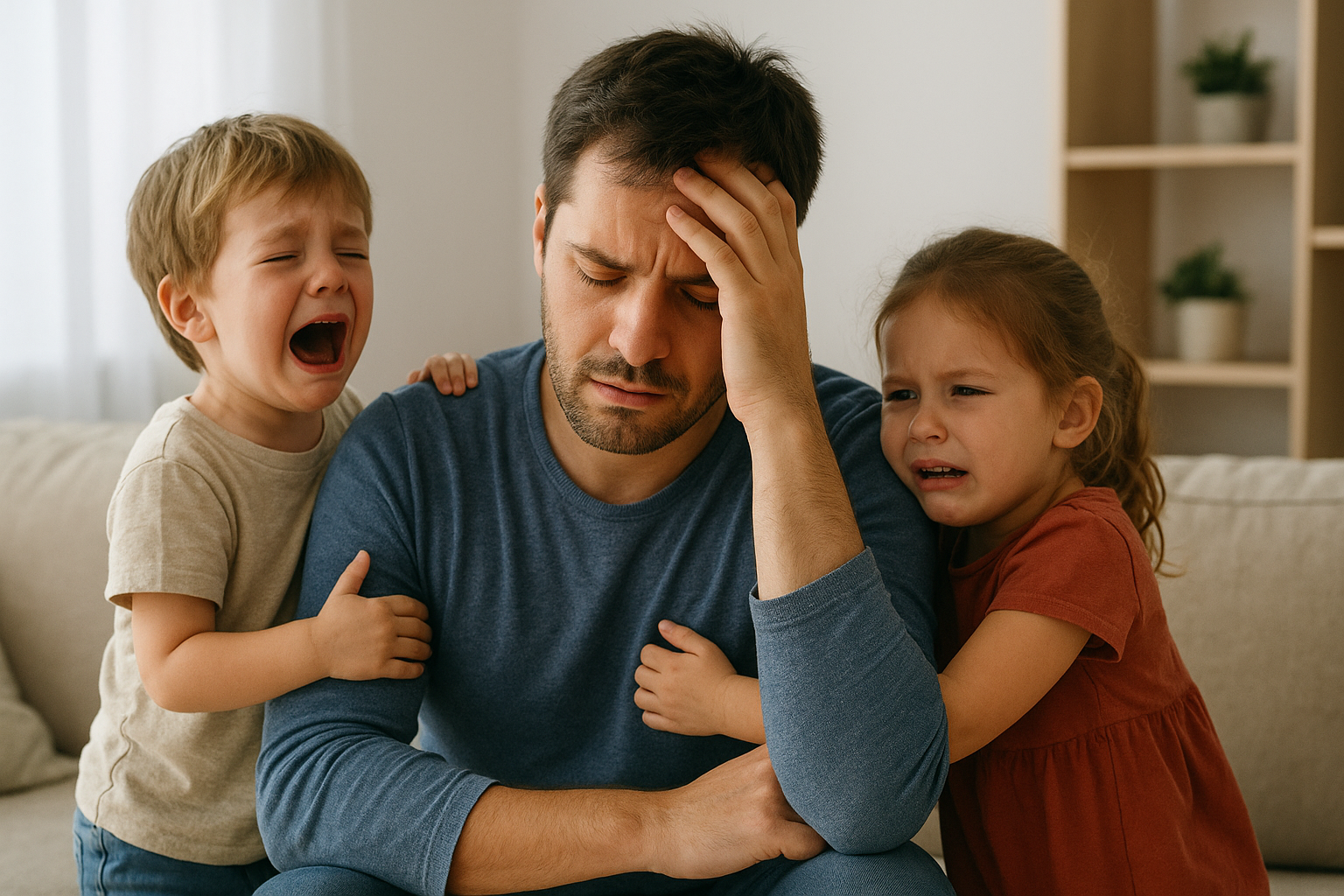How to Recognize Emotional Burnout (And What to Do About it)
Understanding Emotional Burnout (and What to Do About It)
In today’s fast-paced world, many of us push ourselves to keep going—through work, family responsibilities, and life’s endless to-do lists. But sometimes, that constant push can leave us feeling emotionally drained, detached, and overwhelmed. This state is often called emotional burnout.
What Is Emotional Burnout?
Emotional burnout happens when stress and emotional demands pile up without enough time or space to recharge. Unlike physical exhaustion, which can be relieved with rest, emotional burnout feels heavier and harder to shake off. It often shows up as:
Feeling constantly tired or “checked out”
Irritability or mood swings
Difficulty concentrating
Loss of motivation or enjoyment in things you used to care about
Feeling disconnected from yourself or others
Left unaddressed, burnout can affect not only your mental health but also your physical well-being, relationships, and work performance.
Why Burnout Happens
Burnout isn’t a sign of weakness—it’s a sign that you’ve been carrying too much, often for too long. Common contributors include:
High-stress jobs or caregiving roles
Lack of boundaries between work and personal life
Perfectionism and self-pressure
Ongoing exposure to emotionally demanding situations
Not enough rest, relaxation, or self-care
What You Can Do About Emotional Burnout
The good news is, emotional burnout is treatable and preventable. Here are some steps you can take:
1. Recognize the signs. Awareness is the first step toward change. If you notice symptoms of burnout, take them seriously.
2. Set boundaries. Learn to say “no” when your plate is full. Protect your time and energy.
3. Prioritize rest. Quality sleep, downtime, and activities that bring joy are not luxuries—they’re necessities.
4. Practice stress relief. Gentle movement, mindfulness, journaling, or even short breaks during the day can make a big difference.
5. Seek support. Talk with trusted friends, family, or a mental health professional. Therapy provides a safe space to process emotions and develop coping tools.
Moving Toward Healing
Burnout doesn’t happen overnight, and recovery takes time. But with intentional steps and support, you can regain your balance, energy, and sense of self. If you’re experiencing emotional burnout, know that you don’t have to go through it alone.
At our clinic, we help individuals recognize, understand, and recover from burnout. Together, we can create strategies tailored to your unique situation so you can feel more grounded, resilient, and whole again.



